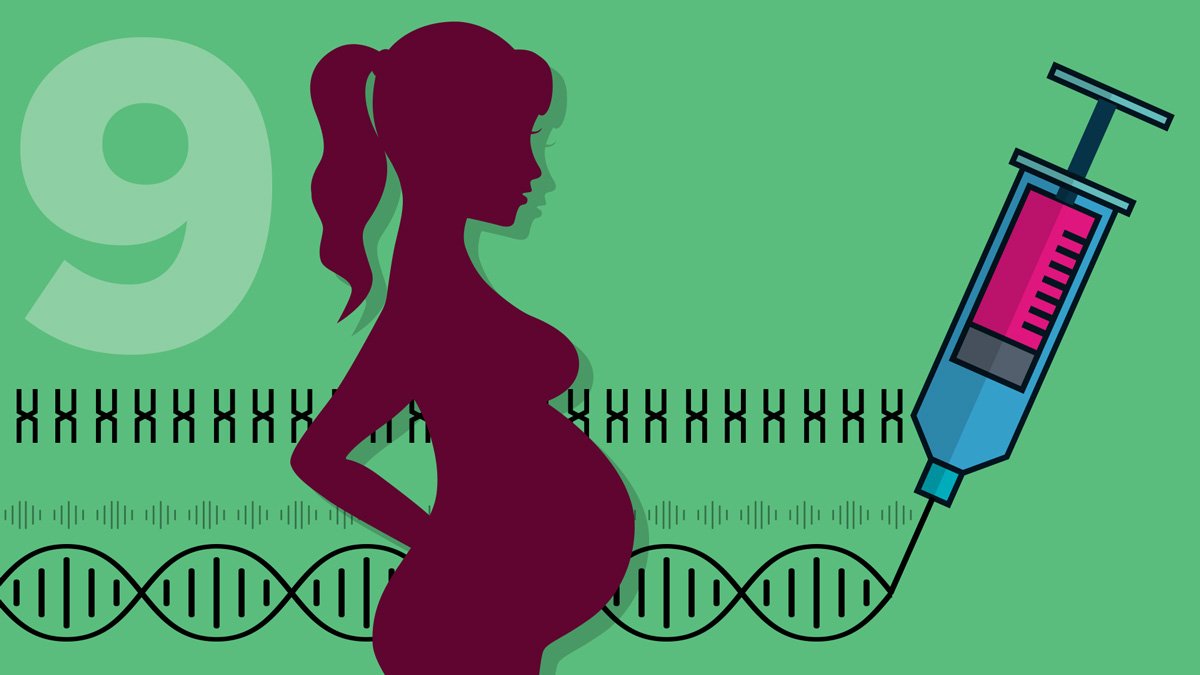
Preimplantation Genetic Testing For Monogenic Disorders (PGT-M)
Preimplantation genetic testing for monogenic disorders (PGT-M) is a rapidly evolving area of medicine. Thanks to advances in technology, PGT-M is now a routine part of in vitro fertilization (IVF) for many couples who are at risk for passing on an inherited disease to their child.
PGT-M is a way to screen embryos for specific genetic diseases before implantation. By testing embryos, couples can choose to implant only those that are unaffected by the disease in question. This helps to ensure that the child will not inherit the disease. PGT-M is a complex procedure with a number of ethical and practical implications. If you are considering PGT-M, it is important to speak with a genetic counselor to understand the risks and benefits of the procedure.
What is Preimplantation Genetic Testing?
Preimplantation Genetic Testing (PGT-M) is a type of genetic testing that is performed on embryos prior to implantation in the uterus. It is used to identify embryos that are free of specific monogenic (single-gene) disorders. Monogenic disorders are caused by a mutation in a single gene and can be inherited from either or both parents. Some common examples of monogenic disorders include Huntington’s disease and cystic fibrosis.
PGT-M is usually performed in conjunction with in vitro fertilization (IVF). After the eggs and sperm are fertilized and the embryos begin to grow in the lab, a small sample of cells is removed from the embryo for testing. The sample is sent to a lab, where it is analyzed for the specific mutations associated with the disease of interest. If the embryo is found to be unaffected by the mutation, it is considered to be a viable candidate for implantation.
Who Benefits from Preimplantation Genetic Testing?
Preimplantation Genetic Testing is typically recommended for couples at risk of passing on a hereditary monogenic disorder. It can also be useful in cases where one or both partners are carriers of a genetic disease. Couples who have had several IVF failures, have a history of recurrent miscarriage, or have been diagnosed with a monogenic disorder can also benefit from PGT-M. PGT-M can also be beneficial for couples who are at risk for passing on a chromosomal (multi-gene) disorder such as Down syndrome or Turner syndrome. In these cases, PGT-M can be used to identify embryos that are free from the disorder, thus increasing the chances of a successful pregnancy. PGT-M can also be used to determine the sex of the embryo, although this is not recommended due to ethical and legal considerations.
How is Preimplantation Genetic Testing Performed?
PGT-M is typically performed as part of an IVF cycle. The process begins with ovarian stimulation and egg retrieval, followed by fertilization in the laboratory. After the embryos have been allowed to develop in the lab for three to five days, a small sample of cells is removed from each embryo and sent to a lab for genetic analysis. The sample is tested for specific mutations associated with the disease of interest. If the results of the test are positive, the embryo is considered not viable and is discarded. If the results are negative, the embryo is considered a good candidate for implantation. Once all the embryos have been tested, the unaffected embryos are implanted in the uterus.
What are the Risks Associated with Preimplantation Genetic Testing?
One of the main risks associated with PGT-M is the possibility of a false-positive result. This occurs when an embryo is identified as being affected by a genetic disorder, even though the embryo is in fact unaffected. Another risk is the potential misdiagnosis of an embryo due to the limited number of cells tested. In some cases, the only way to ensure an accurate diagnosis is to wait until birth and test the baby for the disorder in question. In addition, it is important to consider the ethical implications of PGT-M before undergoing the procedure. Some couples may feel uncomfortable with the idea of discarding an embryo that tested positive for a genetic disorder, even if the disorder is not considered to be life-threatening.
Summary
Preimplantation Genetic Testing for Monogenic Disorders (PGT-M) is a valuable tool for couples who are at risk for passing on a monogenic disorder to their child. It is important to understand the risks and benefits of PGT-M before undergoing the procedure. It is also important to consult a genetic counselor to ensure that the procedure is being used ethically and responsibly. With the help of PGT-M, couples can be more confident that their child will be born free of the disorder in question.



